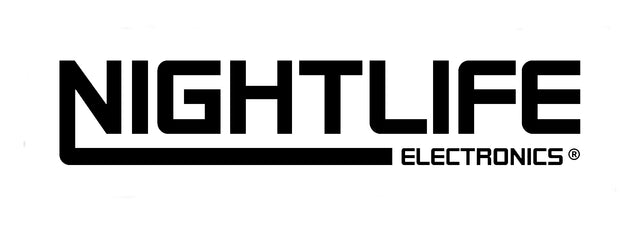Regular price CAD$459.00
Drezno II [ˈdrɛznɔ] is an improved version of the original Drezno module. It is an essential member of the 8-bit Xaoc Devices Leibniz Binary Subsystem. The Leibniz subsystem is a family of modules that operate on 8 binary (two-state, on/off) signals. These signals are arranged as 8 bits of digital data and may represent analog signals and voltages,
or they may be whatever you want them to be (clocks, gates, rhythms, etc.).
Drezno features an ADC (analog-to-digital-converter) and DAC (digital-to-analog-converter), allowing it to act as an analog front-end of the system. In other words, Drezno allows one to convert analog signals and CVs into digital numbers, as well as to obtain analog signals back from some other digital numbers (or 8 binary signals). Between these two conversions there is a whole universe of digital shenanigans waiting to happen resulting in all kinds of signal transformations and modulations.
Both (ADC and DAC) sections of Drezno can work independently, or they can be linked. Input and output range of analog signals may be adjusted using Gain and Offset sliders. Individual bit outputs (for the ADC) and inputs (DAC) allow for extensive cross-patching and the creation of complex waveforms and rhythms. A very fast clock (up to 2MHz) at which the conversions are performed may be replaced with any external clock (for each section separately).
Compared to its predecessor, Drezno II uses new converters of much higher resolution which results in much lower noise floor and higher accuracy. The lower bits are much more stable than before. It is easy now to use Drezno for quantizing pitch voltages with accurate results with 256 semitone steps. Potentiometer ranges are factory calibrated for precise chromatic scale. A new switch on the front panel allows the user to select the calibrated range of 10Vpp or 20Vpp, so that the lowest bit or the second bit correspond to 1 semitone.
- Width: 12HP
- Depth: 30mm (including ribbon cable brackets)
- Power: 80mA @+12V / 50mA @-12V

